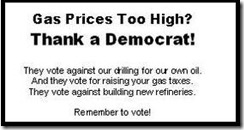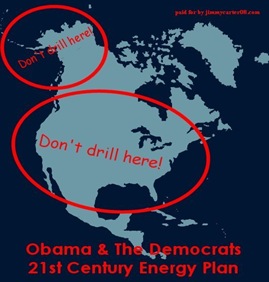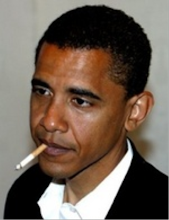WASHINGTON — The political vision of a summer gas tax holiday died a quick death in Congress, losing to a view that federal excise taxes on gasoline and diesel fuel — far from dropping — will have to go up if they go anywhere.
Despite calls from the presidential campaign trail for a Memorial Day-to-Labor Day tax freeze, lawmakers quickly concluded — with a prod from the construction industry — that having $9 billion less to spend on highways could create a pre-election specter of thousands of lost jobs.
on highways could create a pre-election specter of thousands of lost jobs.
Now, lawmakers quietly are talking about raising fuel taxes by a dime from the current 18.4 cents a gallon on gasoline and 24.3 cents on diesel fuel.
The fuel taxes go into the Highway Trust Fund, which is used for road construction and repair and mass transit. Depriving the 52-year-old Highway Trust Fund of $9 billion at a time when it is heading into the red doomed the notion of a gas tax holiday in Congress.
The nonpartisan National Surface Transportation Policy and Revenue Study Commission concluded in a report this year that the U.S. needs to spend $225 billion annually over the next 50 years to create a highway and transit system capable of sustaining strong economic growth. Current spending, at federal, state and local levels, is about $90 billion a year.
The American Road & Transportation Builders Association (A Barak Obama supporting Union) is calling for a 10-cent-a-gallon raise and indexing the tax to inflation. With construction costs soaring because of competition for building materials from China and other developing nations, the tax rate would have to be about 29 cents a gallon to achieve the same purchasing power as the 18.4-cent rate imposed in 1993, the association says.
power as the 18.4-cent rate imposed in 1993, the association says.
Including state and local levies, people in the U.S. pay about 47 cents on average in taxes for a gallon of gasoline. (In states such as California, Illinois, New York the average is closer to 70 cents per gallon in taxes.) Fuel in many European countries costs $8 to $9 a gallon, with half or more of that going to taxes to pay for social programs and "free" healthcare.
During the debate over the proposed gas tax holiday, the chairman of the House Transportation and Infrastructure Committee, Rep. James Oberstar, and the chairman of the highway subcommittee, Rep. Peter DeFazio, presented fellow lawmakers with a list of how many jobs and how much money each state would lose if the holiday were to pass. It ranged from $30 million and 1,000 jobs in Vermont to $664 million and 23,000 jobs in California.
The Transportation Construction Coalition, a group of industry companies and unions, (and heavy Democrat Campaign contributors to Barak Obama, Nancy Pelosi and other high-level Democrats...) said that if Congress does not do something about the shortfall, states will lose about one-third of their road and bridge money in the budget year starting Oct. 1. That would put 485,000 more jobs at risk.
That message carried the day this summer. But now Congress has the bigger task of dealing with the short-term deficit crisis in the fund and coming up with a new spending plan, including revisiting the gas tax issue, when the current six-year, $286 billion highway-transit act expires in September 2009.
Senate Democrats in May tried to add $5 billion to an avia tion overhaul bill to replenish the highway trust fund next year; Republicans objected. Democrats tried again in June, but this time for $8 billion; Republicans objected to that, too.
Congress should first reduce spending on pet projects, known as earmarks, argued Sen. Jim DeMint, R-S.C. "I'm not going to let the Senate spend all this money when nobody is looking, especially when we refuse to stop wasting billions of taxpayer dollars on earmarks."
Oberstar, D-Minn., said his committee is working on the next long-term highway bill. He estimated it will take between $450 billion and $500 billion over six years to address safety and congestion issues with highways, bridges and transit systems.
"We'll put all things on the table," Oberstar said, but the gas tax "is the cornerstone. Nothing else will work without the underpinning of the higher user fee gas tax."






No comments:
Post a Comment